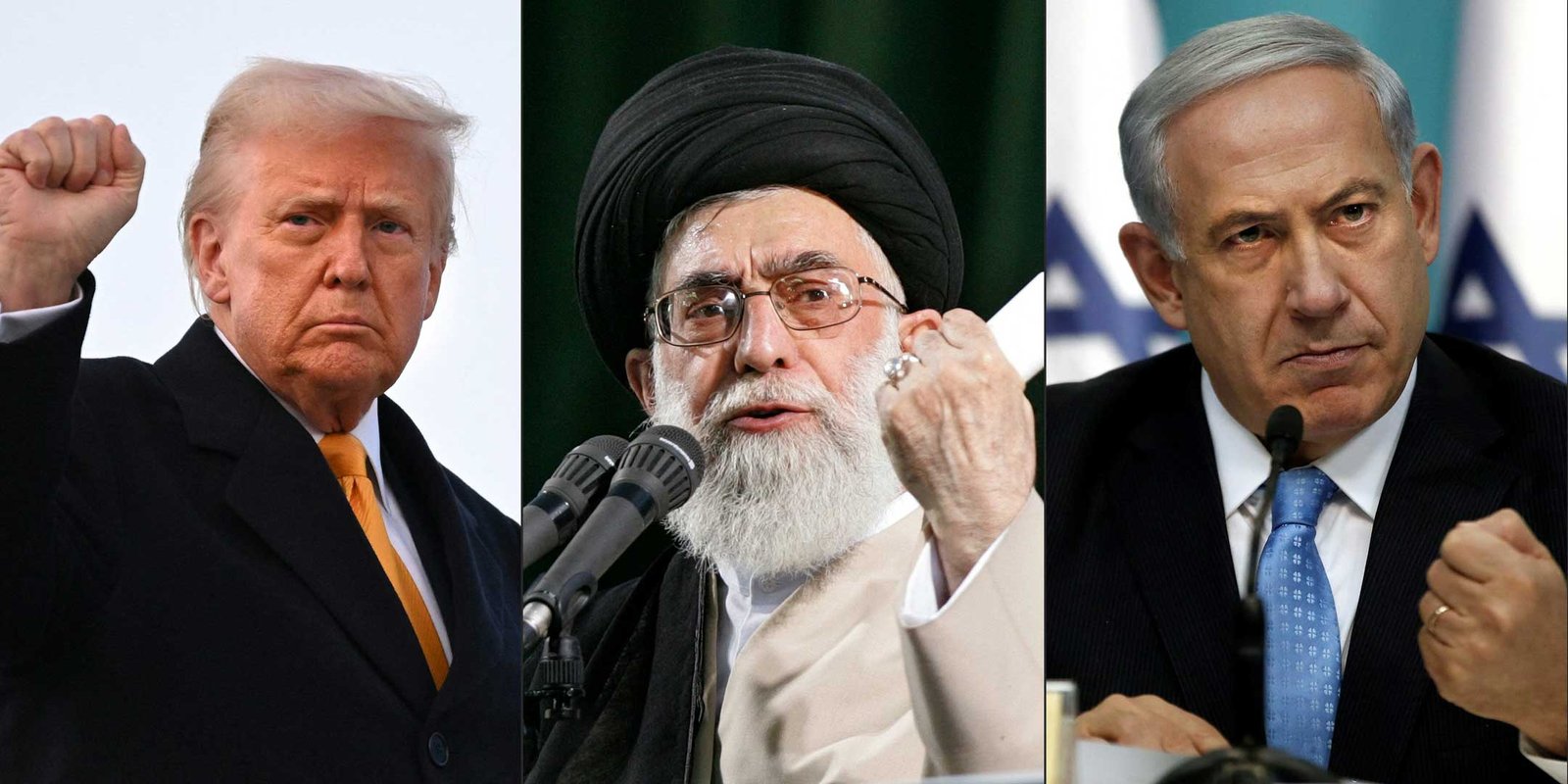Editorial
May 1st, also known as May Day, is an important day for workers and laborers around the world. The origins of May Day as an international workers’ holiday can be traced back to the late 19th century.
In 1886, a labor movement in the United States called for a nationwide strike to demand that workers be allowed to work no more than eight hours per day. Many workers heeded the call, and on May 1st of that year, thousands of workers across the country went on strike. The strike continued for several days, and it was marked by violent clashes between workers and police in some cities.
Although the strike did not immediately achieve its goal of an eight-hour workday, the events of May 1st, 1886 and the subsequent protests and strikes that followed helped to galvanize the labor movement in the United States and around the world.
Since then, May Day has been celebrated as a day of solidarity and struggle for workers and laborers around the world. In many countries, it is a public holiday and is marked by parades, rallies, and other events organized by labor unions and other workers’ organizations. It is also a day to remember the sacrifices and struggles of workers who fought for labor rights and social justice.
Labor Day can be an effective tool for creating awareness of the rights of workers and laborers. Here are a few ways that Labor Day can help to raise awareness:
- Public events: Labor Day can be an opportunity for labor unions and other organizations to organize public events such as rallies, marches, and parades, which can help to raise awareness of labor issues and workers’ rights.
- Social media campaigns: Social media can be a powerful tool for raising awareness of labor issues. Labor organizations and activists can use social media platforms to share information about labor rights and workers’ struggles, and to mobilize support for labor causes.
- Educational programs: Schools and universities can use Labor Day as an opportunity to educate students about labor history, workers’ rights, and the ongoing struggles of workers around the world.
- Advocacy and lobbying: Labor organizations and activists can use Labor Day to advocate for policy changes that support workers’ rights, such as minimum wage increases, stronger workplace safety regulations, and protections for workers’ right to organize.
In terms of achieving labor rights, there are several strategies that can be effective. Some of these include:
- Union organizing: Labor unions can be a powerful force for advocating for workers’ rights and improving working conditions. By organizing and collectively bargaining with employers, unions can help to secure better wages, benefits, and workplace protections for their members.
- Legislative advocacy: Labor organizations can advocate for legislative changes that support workers’ rights, such as stronger workplace safety regulations, minimum wage increases, and protections for workers’ right to organize.
- Strategic litigation: Labor organizations can use the legal system to advance workers’ rights by filing lawsuits and pursuing legal challenges to unfair labor practices, discrimination, and other violations of workers’ rights.
- Public education and awareness-raising: As mentioned earlier, Labor Day and other public events can be an opportunity to raise awareness of labor issues and to mobilize public support for workers’ rights. By building a broader base of support for labor causes, labor organizations can increase their bargaining power and help to achieve meaningful change for workers.
Pakistan can take several steps to improve the rights and economic benefits of laborers. Here are a few suggestions: - Strengthen labor laws: Pakistan can improve the rights of workers by strengthening its labor laws, including laws related to minimum wage, workplace safety, and workers’ right to organize. The government can also take steps to ensure that these laws are effectively enforced.
- Encourage union organizing: Pakistan can encourage the formation of labor unions and other workers’ organizations, which can help to advocate for workers’ rights and negotiate better wages and benefits on their behalf.
- Expand social protections: Pakistan can expand social protections for workers, including providing access to healthcare, social security, and other benefits. This can help to reduce the economic risks faced by workers and their families.
- Promote job training and education: Pakistan can invest in job training and education programs to help workers develop the skills and knowledge needed to succeed in the modern economy. This can help to increase their earning potential and improve their economic well-being.
- Combat child labor and forced labor: Pakistan can take steps to combat child labor and forced labor, including strengthening laws and regulations and increasing enforcement efforts.
- Encourage responsible business practices: Pakistan can encourage responsible business practices, including promoting fair labor standards and decent working conditions. This can help to create a more level playing field for workers and reduce the risk of exploitation.
- Support small businesses and entrepreneurship: Pakistan can support small businesses and entrepreneurship, which can create new job opportunities and improve economic prospects for workers. This can include providing access to financing, training, and other resources to help small businesses grow and succeed.
Hence, it is significant for the state and society in Pakistan to ensure legislative, executive and judicial processes and methods to attain the labor rights. The day is not only a symbolic one, but also an affirmation that the rights of laborers and workers shall be executed and enforced.

















